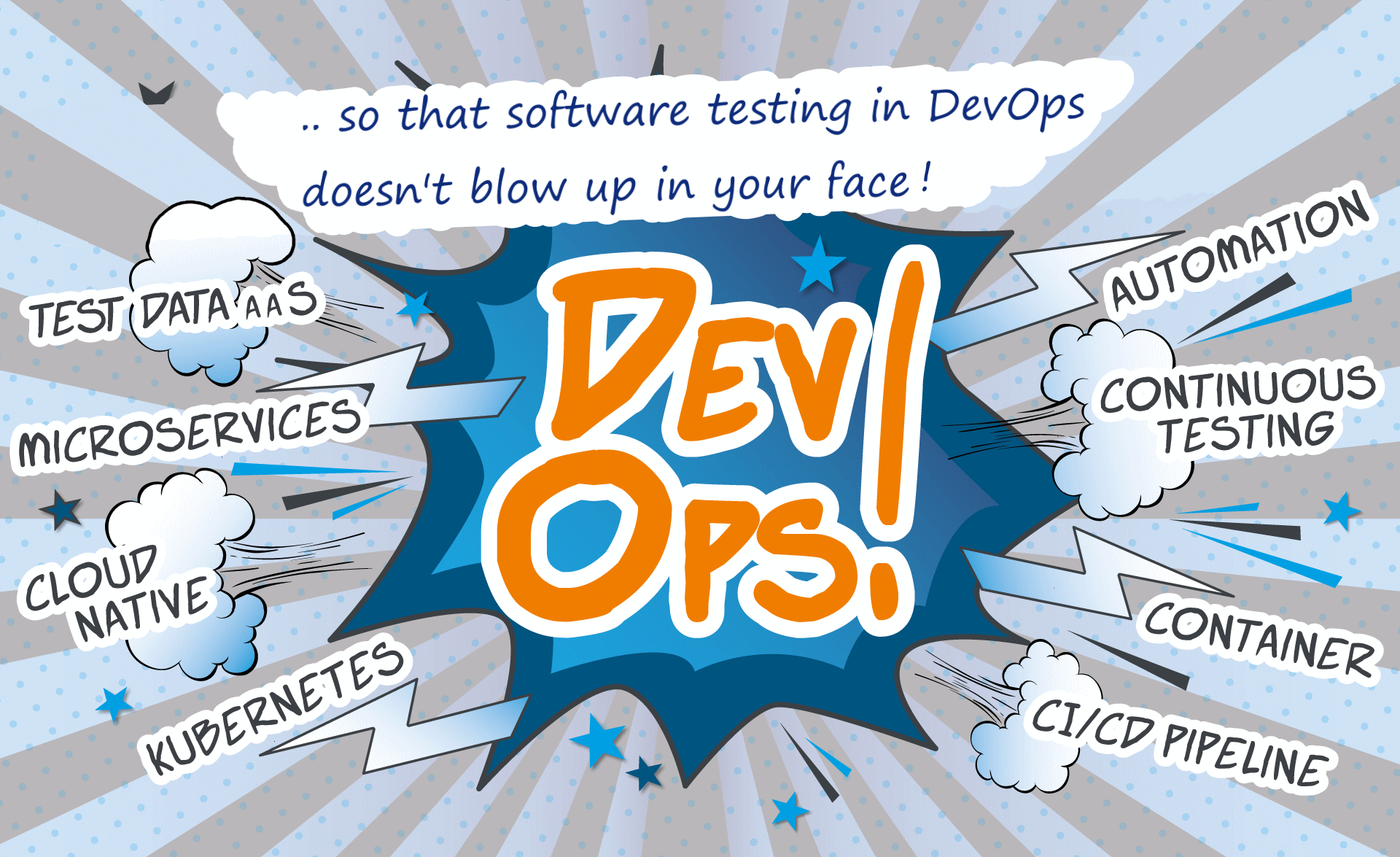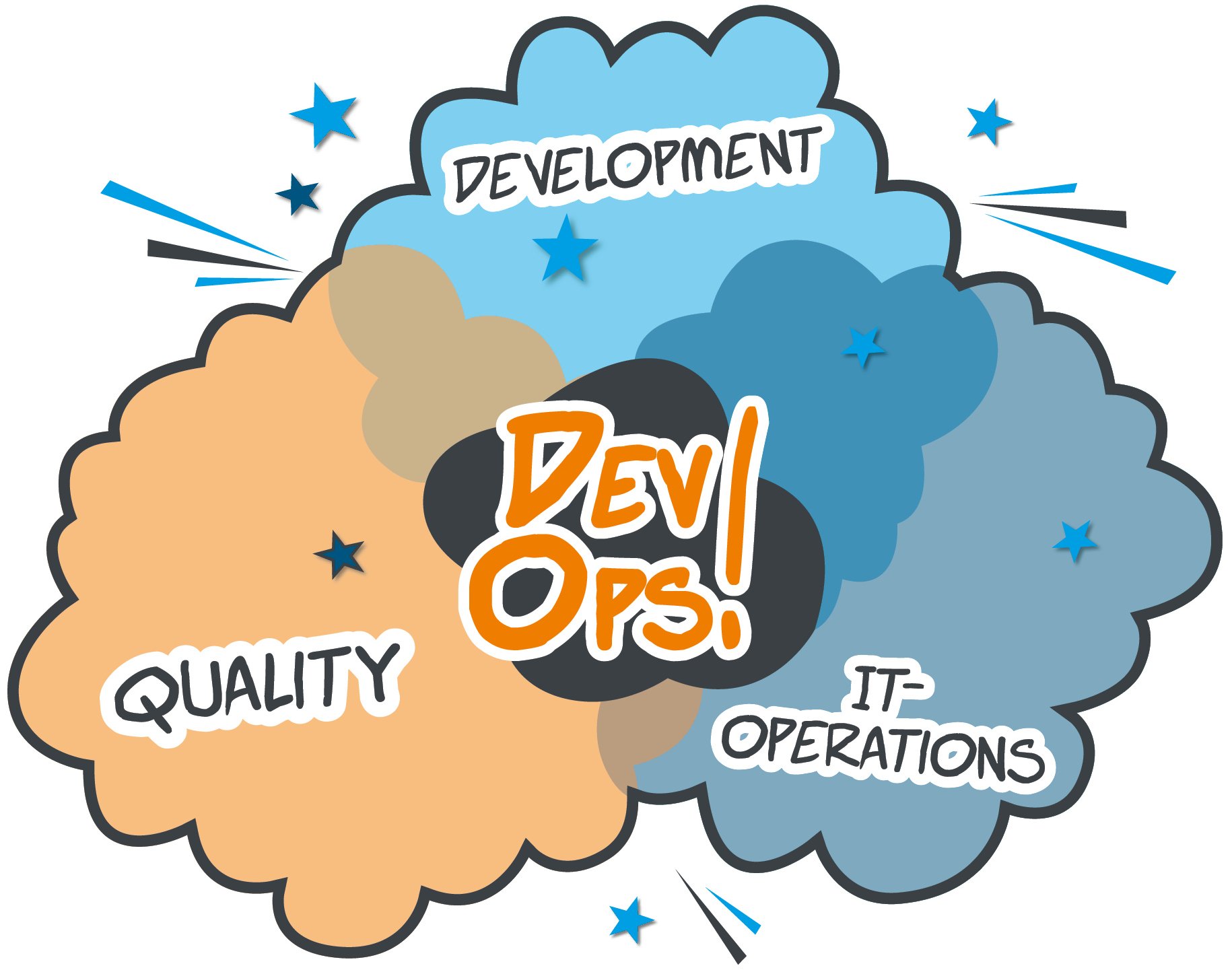Consistent test data for DevOps processes

Why is test data an important topic in DevOps?
The quest for test data takes up a large part of allocated time in manual testing. Since DevOps thrives on automation, there is no real room for manual processes.
The demand for a high degree of automation in the CI/CD pipeline also applies to software testing. Test automation should therefore also be reliably and automatically supplied with test data.
Lengthy preparation or changeover times, as are familiar from classic projects, quickly become a bottleneck here.
Does a microservices architecture demand special requirements for test data management?
Yes, the business logic for creating test data must be completely mappable in order to generate valid data.
In monolithic applications, the data often resides in very large data management systems. In the microservices architecture, the subject matter is divided among several domains, some of which have independent data management systems and can be addressed separately.
In test data management, one must be able to adapt to technologies such as containers or Kubernetes in order to scale quickly and easily.

Whitepaper: Modern test data management in DevOps projects [GERMAN only]

Which test levels should be considered by test data management?
Test data management can be usefully employed in DevOps at all test levels.
Component tests are usually very well covered by knowledge of their own data in the domains. If this knowledge is made transparent in test data management, all test levels benefit from it.
In system and integration testing, knowledge about data from several domains is necessary, so test data management plays a particularly important role here.
With the collected knowledge from the lower test levels, test data can be reused in load and performance tests for load generation close to production.
These advantages make test data management an essential element for successful projects in the DevOps environment.

